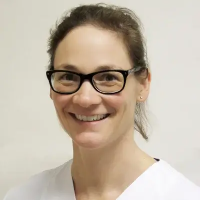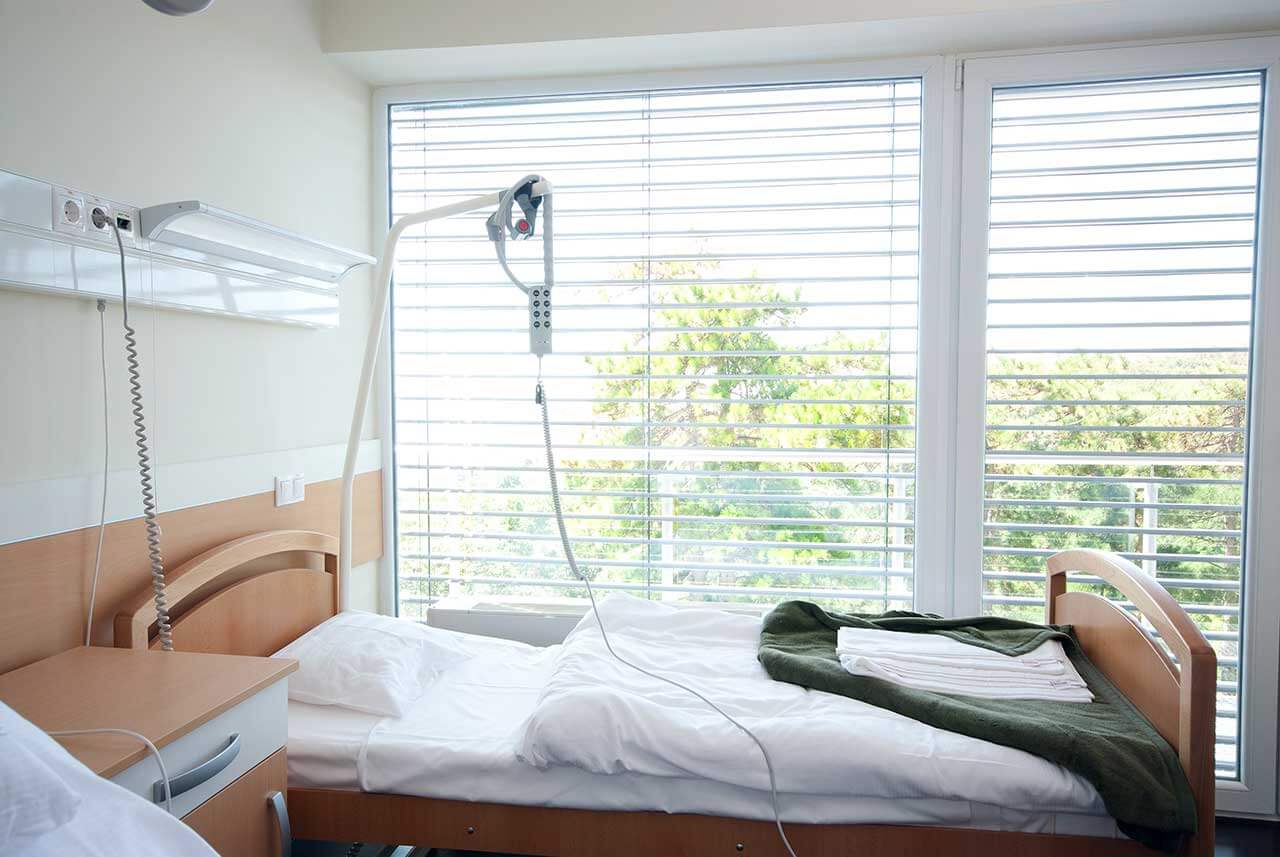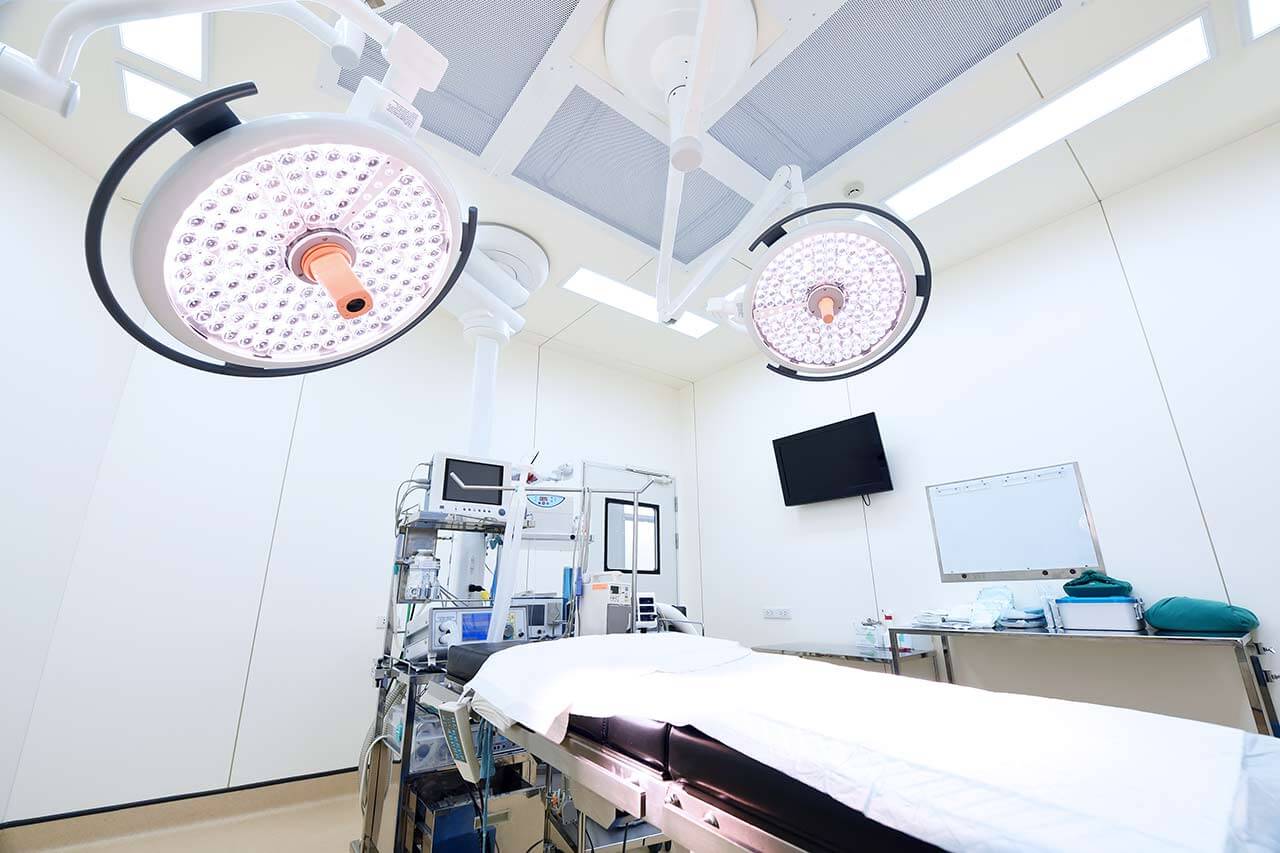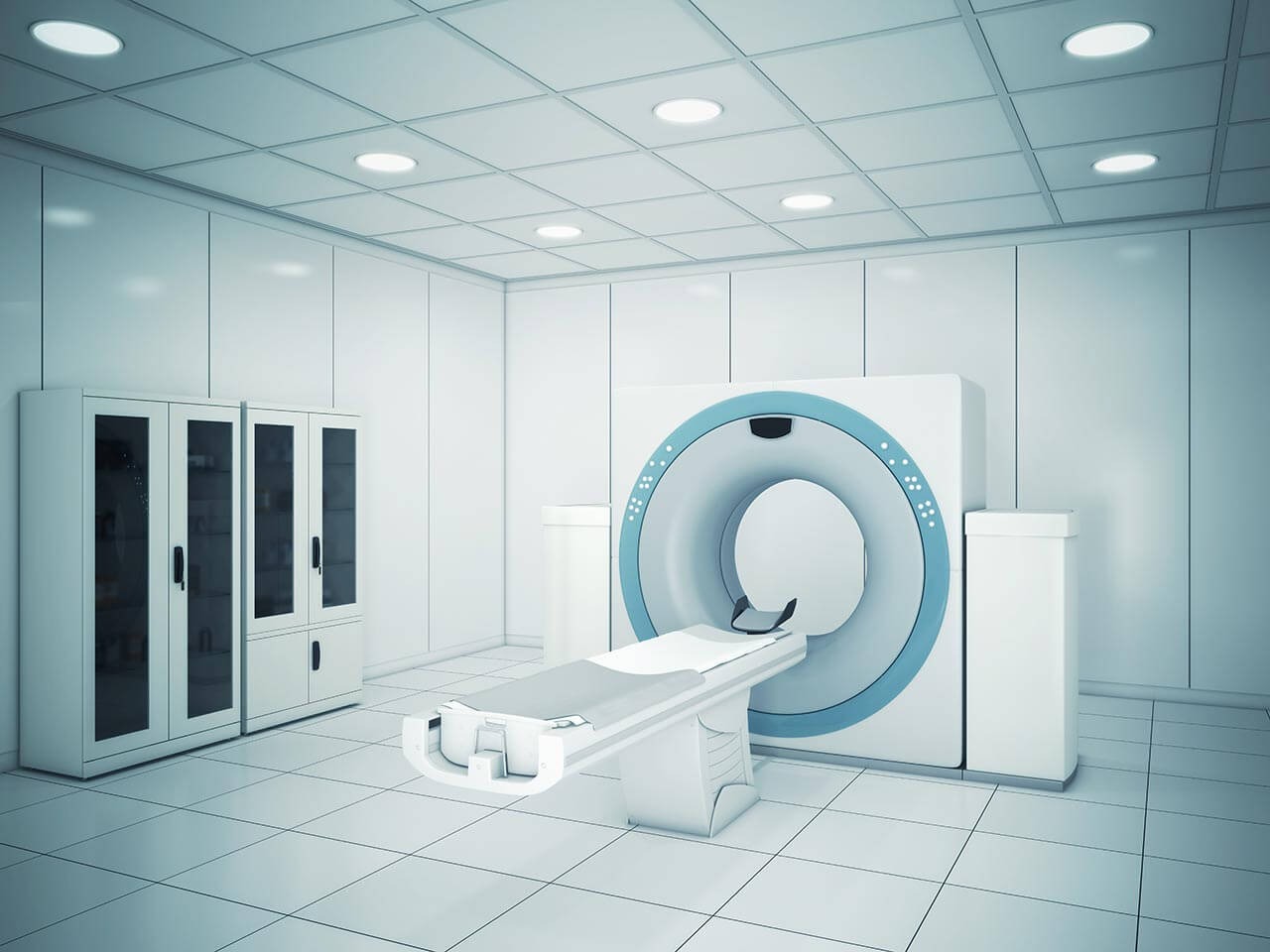
About the Department of Pediatric and Adolescent Medicine at Marienhaus Hospital St. Elisabeth Neuwied
The Department of Pediatric and Adolescent Medicine at the Marienhaus Hospital St. Elisabeth Neuwied offers effective treatment for the full range of diseases in young patients between the ages of 0 and 18. The department also provides medical care for extremely preterm newborns. The special focus is on neonatology and pediatric intensive care, neuropediatrics and epileptology, diabetology, and pediatric cardiology. Each of these areas represents a specially trained team of physicians with high professional skills. It is important for the department's doctors to provide the child with not only effective but also as painless as possible treatment. The specialists, therefore, use the very latest therapeutic approaches. The department is also focused on the needs of young patients and does everything possible for their comfortable stay in the hospital. The doctors and nursing staff cooperate closely with pediatric psychologists, child care specialists, and teachers. Close cooperation with the Departments of General Surgery, Trauma Surgery, Oral and Maxillofacial Surgery, and Orthopedics allows the specialists to provide emergency medical care in cases of the need for a surgical intervention. Depending on the complexity of the child's clinical case, treatment may take place on an inpatient or outpatient basis, and there is also the possibility of treatment in a day hospital. One of the parents can be accommodated in the patient's room. This contributes to the creation of a comfortable and family-friendly environment for the child. The Head Physician of the department is Dr. med. Katharine Louise Kastor.
The department is equipped with state-of-the-art facilities for a comprehensive examination of children and making an accurate diagnosis. The department has an ultramodern laboratory for the full range of tests, a pulmonary function laboratory, rooms for neurophysiological studies, advanced ultrasound diagnostic systems, as well as devices for electrocardiography, echocardiography, and electroencephalography. Thanks to close cooperation with the Department of Radiology, specialists have direct access to CT and MRI. It is also noteworthy that the medical facility uses cutting-edge CT and MRI scanners adapted to the needs of young patients. The radiation exposure is minimal and does not harm the child's health during the diagnostic procedure.
The department includes an advanced Intensive Care Unit. The unit is designed for 20 beds, 12 of which are intended for intensive care of premature and full-term newborns, 4 for monitoring, and another 4 for intensive care of older children and adolescents. All modern methods of intensive care are used in clinical practice. Medical care for premature newborns and infants is provided in close cooperation with regional maternity hospitals.
Together with the Department of Obstetrics, the department is part of the Level I Perinatal Medicine Center. Approximately 45 babies weighing less than 1,500 grams receive qualified care here every year. Specialists in neonatology and pediatric intensive care have successful experience caring for newborns weighing 500 grams or more. The main problems in such babies are related to the immaturity of their brain, lungs, and gastrointestinal organs. Nevertheless, about 90% of newborns weighing between 500 and 1,500 grams survive and develop normally in the future.
One of the department's primary focuses is providing medical care to children with diabetes mellitus. In the vast majority of cases, children are diagnosed with type 1 diabetes mellitus, an insulin-dependent form of endocrine disease. In type 1 diabetes mellitus, the child's body does not produce insulin, and the organs and tissues do not metabolize glucose. As a result, blood glucose levels increase sharply, causing a constant feeling of thirst and frequent urination. At the same time, ketone bodies are also produced, which have a toxic effect on the organs. The department's specialists use insulin pump therapy to treat diabetes mellitus in children. A small electronic device, simulating the function of the pancreas, is attached to the child’s body (on the lateral surface of the thigh or buttock, the lateral surface of the shoulder, or the anterior surface of the abdomen). An experienced endocrinologist adjusts the insulin pump and sets the insulin dose required for the child. A great advantage is that insulin injection through the pump is painless for the child. The department regularly holds courses to inform the child and their parents about the specifics of the disease, options for diabetes mellitus compensation, proper nutrition, and lifestyle modifications. As a rule, children with diabetes mellitus undergo check-ups every 2-3 months to monitor their health and prevent complications.
The department's neurologists often admit children with suspected epilepsy for diagnostics and treatment. Epilepsy is a brain pathology characterized by a predisposition to seizures. During the diagnostics, it is important for the specialist to obtain data from parents about the characteristics of epileptic seizures, including their frequency, intensity, and triggering factors. A differential diagnosis is then carried out to exclude other causes of seizures. Neurologists use laboratory and instrumental tests. Cardiologists, endocrinologists, gastroenterologists, and other highly specialized doctors also examine the child. Electroencephalography (EEG) is performed to clarify the diagnosis, and if clinically indicated, a CT and/or MRI scan may be required. The most effective treatment method for epilepsy in children is drug therapy with anticonvulsants. These drugs are prescribed in low doses, gradually increasing the dose to achieve maximum drug concentration and cessation of seizures. Therapy may last several years or more. The course of treatment with anticonvulsants is stopped if there are no epileptic seizures for 3-4 years.
The department has access to all diagnostic and therapeutic resources to provide care to children with growth disorders, including short stature and gigantism. A clinical examination, extended laboratory diagnostics, and a skeletal X-ray are performed here to make an accurate diagnosis. The key method for eliminating the problem of short stature is growth hormone replacement therapy. In some cases, a young patient may also be prescribed sex and thyroid hormones. As for gigantism, the main treatment method is to take drugs that block the action of somatotropin, as well as sex hormones that promote proper puberty and the closure of bone growth zones.
The department's key clinical focuses include:
- Diagnostics and treatment of type 1 diabetes mellitus
- Diagnostics and treatment of epilepsy
- Diagnostics and treatment of headaches of unknown origin and chronic headaches
- Diagnostics and treatment of mental retardation
- Diagnostics and treatment of attention deficit hyperactivity disorder
- Diagnostics and treatment of growth disorders: short stature and gigantism
- Diagnostics and treatment of heart disease
- Intensive care, including for premature infants
- Other medical services
Photo of the doctor: (c) Marienhaus Kliniken GmbH


